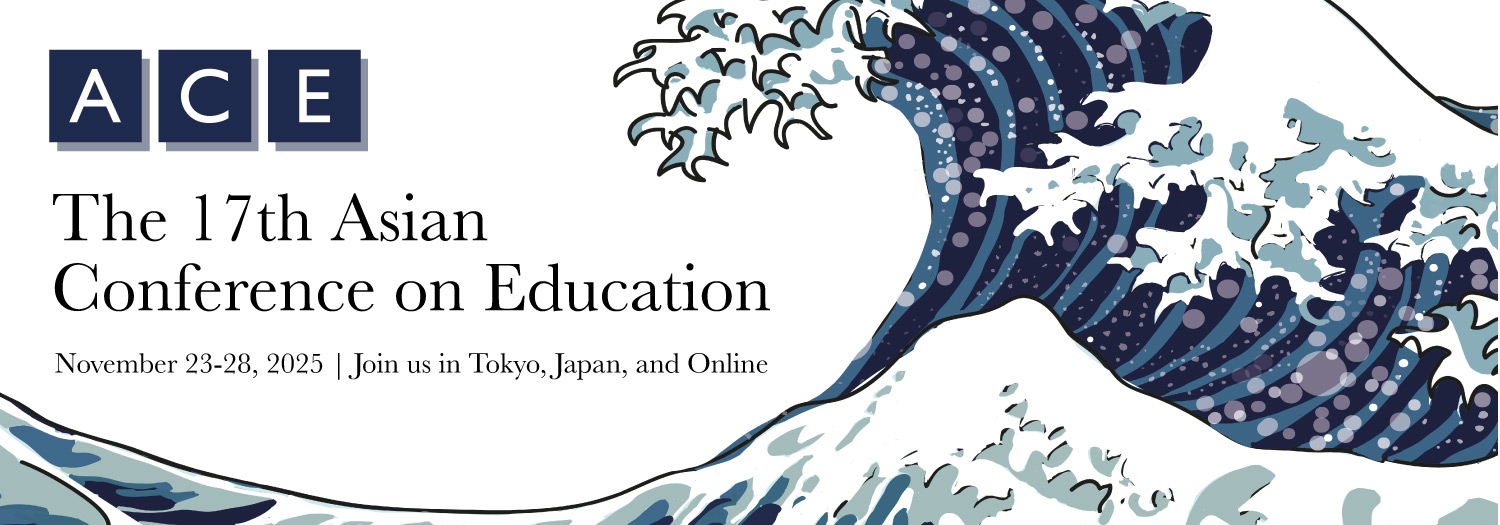Planetary Tourism as the Solution for Sustainable Indigenous Culture Preservation and Mainstreaming It for the Future Education (88695)
Session Chair: Atsuko Ibata
Tuesday, 26 November 2024 16:30
Session: Session 2
Room: Room 603 (6F)
Presentation Type: Oral Presentation
Global tourism trends show the shift into FIT, foreign independent tourists, from mass packaged tours often offered in resorts or popular spots established by big foreign capital. FIT seeks more educational experiences learning native culture through local communication in food, lifestyle, and knowledge. Correspondingly, the awareness of indigenous cultural preservation is on the rise, particularly among so-called developed countries where the FIT originates, and hardly finds a trace of indigeneity, like Japan. The destinations of the FIT, however, are on the verge of losing it, yet several tribal cultural villages are there possibly termed as Indigenous Tourism, showcasing the living tradition and conveying its uniqueness and richness through entertainment. This employs local youth for livelihood and transfers vernacular knowledge and practice, in turn, it educates FIT or domestic tourists as the first contact, which can be a great chance for an ecological literacy. It is successful in Malaysia's Borneo, Sabah, an inspiration to tribal communities of Zomia in Northeastern India, particularly in Arunachal Pradesh, which shares distinct commonalities, comparatively preserving the tradition intact, and still at the starting point of losing. This international collaborative linkage has huge potential to upgrade the modality of tourism into a fair operation beneficial not only to native humans but also to flora and fauna on this planet through learning and experiencing indigenous philosophy and wisdom in tune with nature and the ecological cycle, which is contrasting to the way conventional mass tourism, destructive to the local ecology and trading system, and anthropocentric.
Authors:
Atsuko Ibata, Nagasaki International University, Japan
About the Presenter(s)
Dr. Atsuko Ibata is currently a Senior Assistant Professor at Nagasaki International University, Japan, majored Medical Anthropology specializing in Community Wellbeing and Ecology.
See this presentation on the full schedule – Tuesday Schedule





Comments
Powered by WP LinkPress